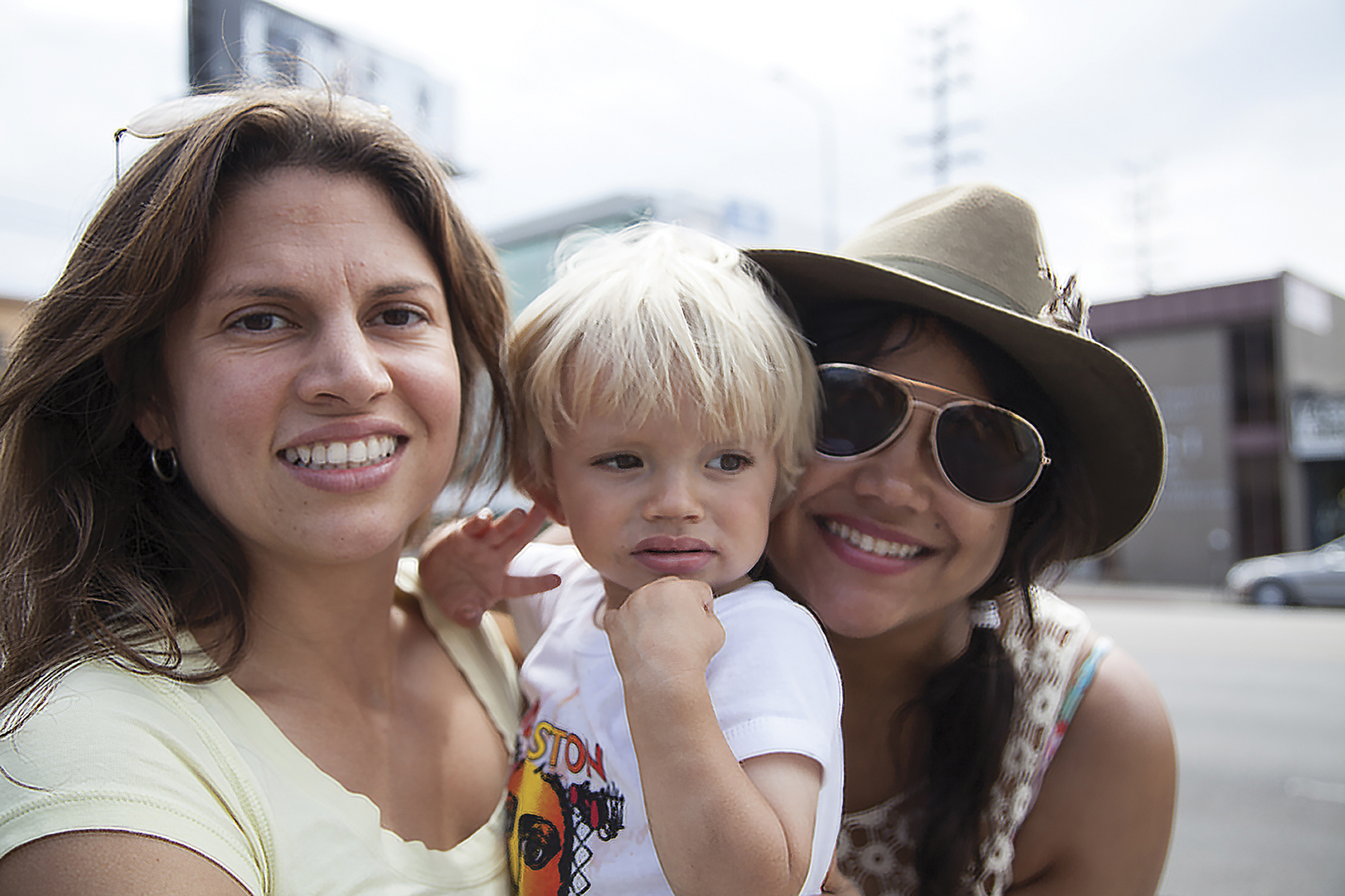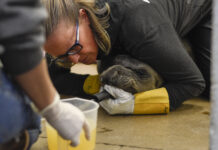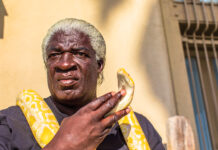
The story is all too frequent. Natasha Perez, Irma and their mother Yrma wanted to leave a country filled with political unrest, hoping to find serenity, the proverbial “gold paved streets” and the freedom of living the American Dream.
Like many of these stories, that path to U.S. citizenship has been filled with trials and tribulations.
Yrma is half-Italian and half-Venezuelan, born in the city of Caracas, Venezuela. When she was 19, she married an American citizen from Manhattan. They lived in New York for 10 years. At that time, American immigration law allowed for citizenship through marriage.
Away from her family and having no real friends, she began missing her home and returned to Venezuela. Her husband followed her and they had two daughters.
Decades later. 29-year-old Irma, the eldest daughter, saw an opportunity to move to America. Her childhood sweetheart planned a move to the United States for school. His parents were paying for a Miami apartment, so expenses would be minimal. Settled in, Irma in 1994 sought an attorney to obtain U.S. citizenship.
That Christmas season, Natasha and Yrma visited Irma in Miami. Natasha came to the United States with a traveling tour visa. She was not expecting to stay.
When the visit came to an end, Natasha and her mother packed their suitcases, but there would be no flying back to Venezuela. Huge floods had destroyed the Caracas airport. Yrma and Natasha had to bide their time until a flight home was possible.
During the next two months, the sisters visited Irma’s immigration attorney and started the process of obtaining citizenship. As he requested, they provided him with their passports along with legal fees.
The airport in Venezuela opened again, but only Yrma returned.
Although Yrma was naturalized by marriage, immigration agreements between the United States and Venezuela forced her to give up American citizenship when she left the country.
Irma and her boyfriend decided to move to California, and Natasha accompanied them.
“I’m interested in music and acting, so I decided to check out L.A. because that’s where everything happens,” Natasha says. “In Venezuela, my aunt and uncle owned a theater. Like our relations, my sister and I were both bit by the acting bug and appeared in many plays. Our home was always a set. I was always exposed to the camera.”
While packing for California, they sought a progress report from the immigration attorney in Miami. Unable to reach him by phone, they went to his office, discovered it was closed and he was gone. The girls weren’t happy.
“The bastard took all our passports,” Irma says. “We reported them stolen to the police.”
Upon arriving in California, a friend referred the sisters to an immigration attorney named Eli Rich in the San Fernando Valley. Rich plodded through their paperwork and found that the Miami attorney did not file any paperwork. They were not here legally.
He advised them to have their mother write a lengthy letter explaining why she had to give up her American citizenship and detailing why she wanted to come back to America as a citizen.
Irma was able to change her status from a tourist visa to a working visa. Natasha was not able to change her status, so she was in greater jeopardy of being deported.
Irma found a job as an advertising copywriter. She got a Social Security number and paid taxes. Natasha got a job as a TV weather host. She continued auditioning for acting roles and obtained a Social Security number and paid taxes like her sister.
The women decided to bring their mother back to the United States. Even though they were not sure if the process was going to be successful, they took the risk.
The letter Yrma wrote was submitted, but the fear and worry continued.
Waiting every day for that special phone call, saying, “You are legal” kept Yrma, Irma and Natasha on pins and needles.
“I was scared that they might say no,” Irma says.
The call came.
The time period that Yrma spent in the United States in the 1970s meant that she could regain her citizenship, and, in turn, it automatically qualified the sisters to be here legally.
With the journey completed, Yrma, Natasha and Irma started the next chapter of their lives in their new home—free from the strife they experienced in Venezuela.
Yrma is single and lives by herself in Santa Monica.
Natasha lives in Brentwood. She plans to keep doing what she loves, acting.
“I grew up learning to love this country, and it only made sense that one day I would live here,” Natasha says. “It’s been a long road, but I’m really happy to be an American.”
Irma, married, now lives in Northern California with her husband and son.
“I’m so thankful that my son didn’t face any hardships like I did. He was born here, so he’s an American,” Irma says. “Being outside the system sucks. People take advantage of you and there’s nothing you can do about it. When I got my passport my friend sang the Star Spangled Banner for me and I cried. It was very emotional, even though I had heard it 1,000 before; this time I felt it inside. Becoming legal was like earning your rights to be a person again.”



